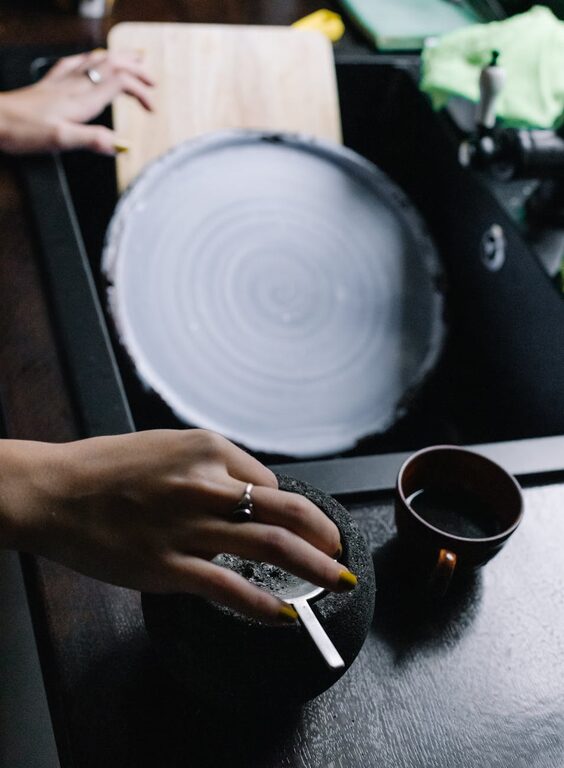
Getting a good night’s sleep is essential for your overall health and well-being. One of the best ways to improve your sleep quality is by creating a relaxing bedtime routine. A consistent, soothing routine signals your body and mind that it’s time to wind down and prepare for rest. In this post, we’ll guide you through practical steps to build a calming bedtime ritual that fits your lifestyle.
Why a Bedtime Routine Matters
Our bodies follow natural rhythms called circadian rhythms, which regulate sleep and wake cycles. A regular bedtime routine helps align your habits with these rhythms, making it easier to fall asleep and stay asleep. Without it, especially on busy or stressful days, your mind may stay active, delaying rest.
By adopting relaxing activities before bed, you can reduce stress, lower heart rate, and create a peaceful environment that’s perfect for sleep.
Steps to Create Your Relaxing Bedtime Routine
1. Set a Consistent Sleep Schedule
– Go to bed and wake up at the same time every day, even on weekends.
– Consistency reinforces your body’s sleep-wake cycle.
2. Wind Down 30–60 Minutes Before Bed
Dedicate this time to calming activities that help you unplug from the day.
– Turn off Screens: Blue light from phones, tablets, and computers can disrupt melatonin production, the hormone that promotes sleep. Try to avoid screens at least 30 minutes before bed.
– Dim the Lights: Lower lighting signals to your brain that it’s time to prepare for rest.
3. Choose Relaxing Activities
Pick activities that soothe your mind and body. You can mix and match what suits you best.
– Read a Book: Opt for light, positive content rather than thrilling or stressful stories.
– Practice Gentle Yoga or Stretching: Helps release tension from your body.
– Listen to Soft Music or Nature Sounds: Creates a peaceful atmosphere.
– Meditate or Practice Deep Breathing: Calms the nervous system and reduces anxiety.
– Write in a Journal: Jot down thoughts or things you’re grateful for to clear your mind.
4. Create a Comfortable Sleep Environment
Your bedroom should invite rest and relaxation.
– Keep Your Room Cool and Dark: Use blackout curtains or eye masks.
– Choose Comfortable Bedding: Invest in pillows and mattresses that support you.
– Remove Clutter: A tidy space can promote mental calmness.
– Use Aromatherapy: Scents like lavender or chamomile can help some people relax.
5. Avoid Stimulants and Heavy Meals Before Bed
– Limit caffeine and nicotine intake at least 4-6 hours before bedtime.
– Avoid large, heavy meals late in the evening to prevent discomfort.
6. Limit Fluid Intake Before Bed
Try not to drink too much liquid close to bedtime to reduce nighttime trips to the bathroom.
Tips for Staying Consistent
– Be Patient: It can take time to make new habits stick—aim for at least a couple of weeks.
– Adjust as Needed: Your routine should feel comfortable and not stressful.
– Track Your Progress: Use a sleep journal or app to note how you feel each morning.
Sample Relaxing Bedtime Routine
Here’s an example to inspire you:
– 9:00 pm: Dim lights and turn off screens
– 9:05 pm: Do gentle stretches or yoga for 10 minutes
– 9:15 pm: Read a favorite book or listen to calming music
– 9:35 pm: Practice 5 minutes of deep breathing or meditation
– 9:45 pm: Write in a journal for 5 minutes
– 9:50 pm: Get into bed and practice gratitude or positive visualization
– 10:00 pm: Lights out and try to sleep
Final Thoughts
Creating a relaxing bedtime routine is a simple, effective way to improve your sleep and overall well-being. By setting a consistent schedule, choosing soothing activities, and optimizing your sleep environment, you’ll give yourself the best chance at restful, restorative nights. Try implementing some of these tips tonight and take a step closer to better sleep.
Sweet dreams!



